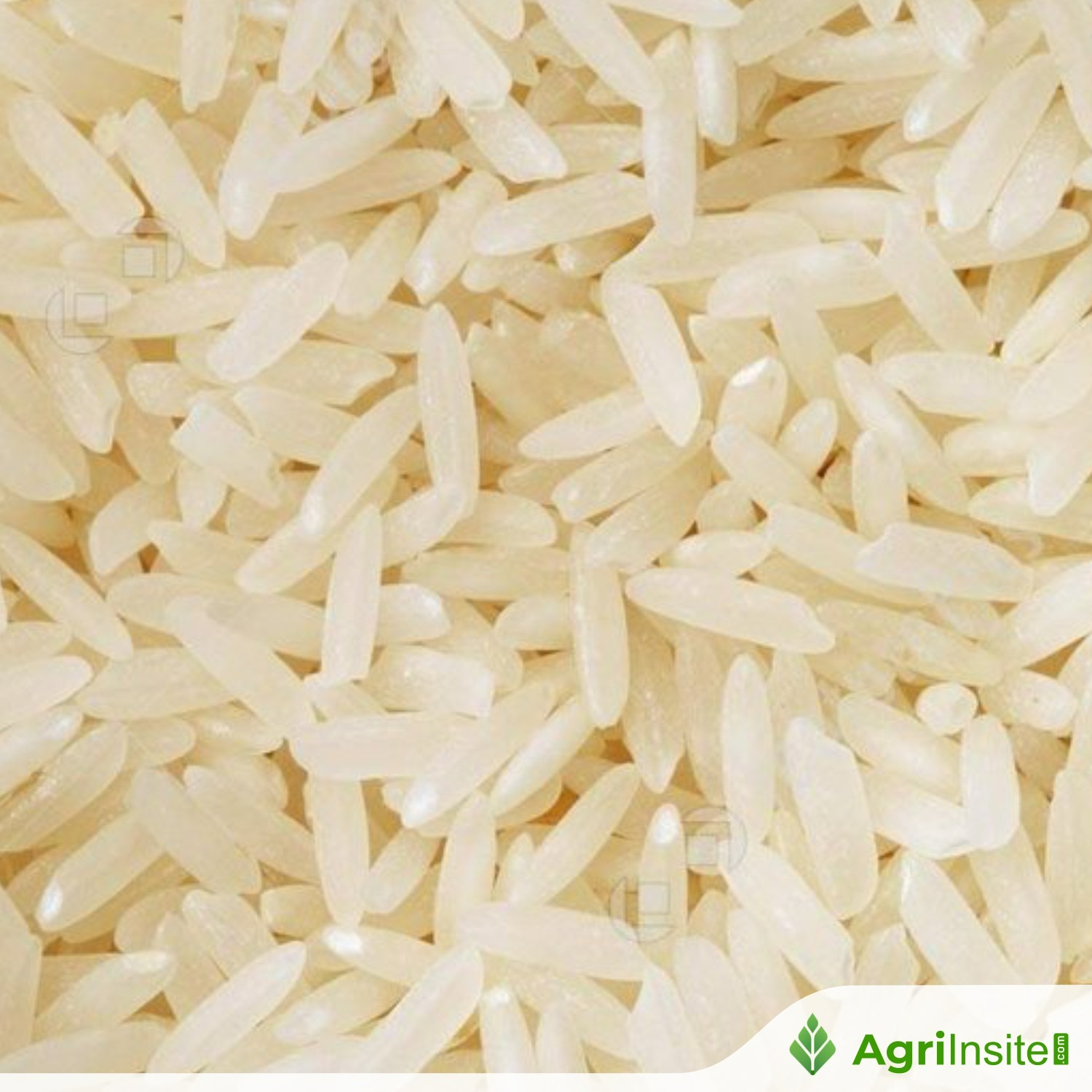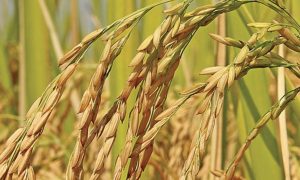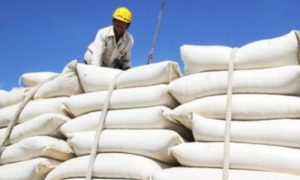Thai rice prices extend slump to 18-year low

Thailand’s rice export prices hit an 18-year low this week, with 5% broken rice at $335–$340/tonne, while Indian prices remain near nine-year lows. Weak demand and abundant supply are limiting major deals. Vietnam’s rice also fell, and domestic prices in Bangladesh rose 15% despite a good harvest.
Thailand’s rice export prices fell for the fifth straight week to an 18-year low, while Indian prices held near their lowest level in more than nine years this week, as top exporters struggled to secure any major deals in the face of weak demand.
Thailand’s 5% broken rice is at its lowest level since October 2007, at US$335 to $340 per tonne versus $340 quoted last week.
Traders say demand has been relatively flat from the week before.
“Customers are only buying what is necessary,” a Bangkok-based trader said adding that there have not been any major deals for Thai rice export.
Supply has been plentiful, another rice trader said.
Thai Rice Exporters Association recently reported that rice exports are on track to achieve the target of 7.5 million tonnes this year, although the value is anticipated to drop by 40% from last year, says the Thai Rice Exporters Association.
India’s 5% broken parboiled variety was quoted at $340 to$345 per tonne, unchanged from the previous week, around its lowest level since mid-2016.
Indian 5% broken white rice was priced at $360 to $370 per tonne this week.
Demand from both Asian and African buyers remains weak, as they are in no rush to make purchases and are waiting for prices to hit the bottom, said a Mumbai-based dealer with a global trade house.
A drone view of locals working on a rice field on the outskirts of Antananarivo, Madagascar, on Thursday. (Photo: Reuters)
Vietnam’s 5% broken rice was offered at $420 to $435 per tonne on Thursday, its lowest level in nearly two-months, down from $440 to $465 a week ago, according to the Vietnam Food Association.
“Demand is weak, especially after the Philippines decided to extend its rice import suspension,” said a trader based in Ho Chi Minh City.
“Rice exporters have been encouraged by the authorities to increase their inventories and find new markets to compensate for the shortfall triggered by the suspension, but those measures are not enough to prop up prices,” the trader said.
Meanwhile, domestic rice prices in Bangladesh have surged 15% over the past year despite a good harvest, leaving both farmers and consumers struggling.
Market insiders attribute the rise to high input costs, market manipulation by middlemen and inefficiencies in storage, procurement and distribution.
To Read more about Rice News continue reading Agriinsite.com
Source : Bangkok Post















